When you register for a conference, you usually expect a formal event with panel discussions and presentations. But O.Centre (Cracow Centre for Human Relations) in partnership with the HLA’s Eastern Europe Regional Centre, ISPSO (International Society for Psychoanalytic Studies of Organisations), Wszechnica UJ, and OPUS (Organisation for Promoting Understanding of Society) organised a different type of learning conference in Cracow last April.
The Art of Repair Group Relations Conference concept is based on the traditional Tavistock learning methodology which combines systems thinking and psychoanalysis. As this methodology examines what dynamics are occurring within and between groups, the experiential learning process was framed by a sequence of group sessions.
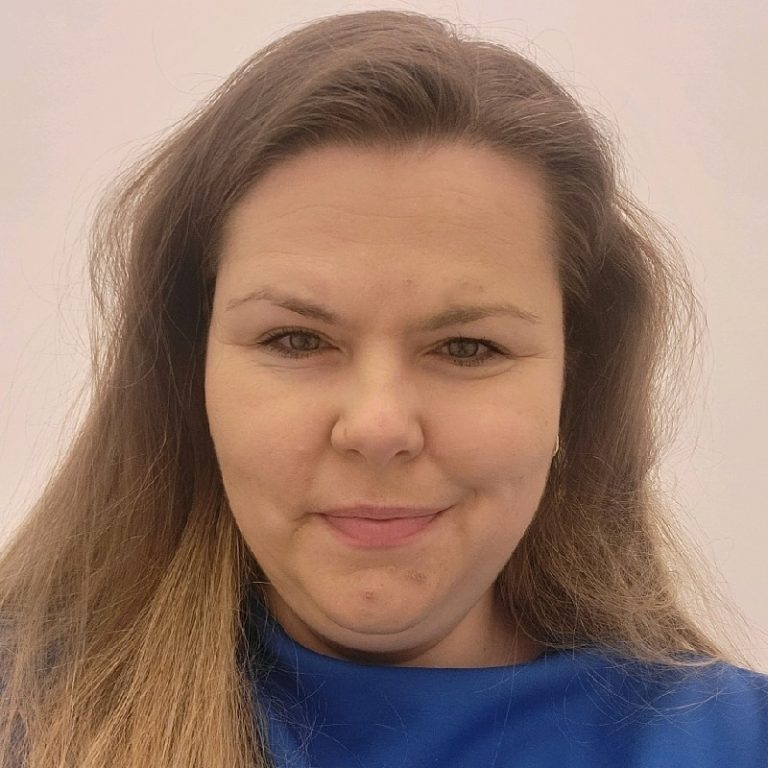
Understanding what is happening within and among groups is a crucial competence for all of us, as we are all part of social systems from birth on. It endorses our feeling of belonging and supports understanding of all sorts of groups, be that families, communities, societies, or organisations.
The goal of this learning conference was to help humanitarians to better define and take up roles, better deal with the concept of authority, study one’s own and others’ leadership and followership preferences and patterns, and ultimately examine the wider societal dimension of repair and fracture.
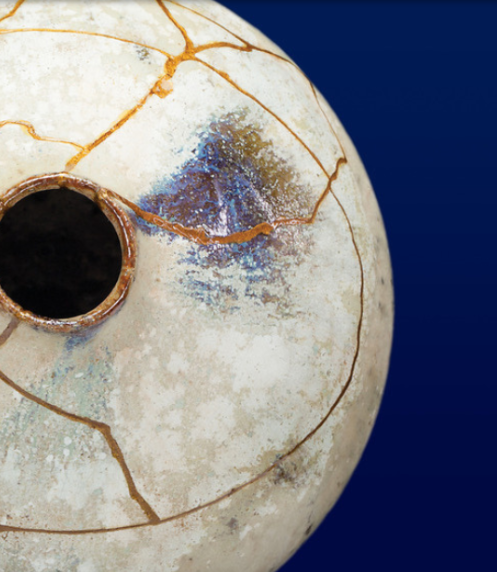
Understanding conscious and unconscious group processes helps leaders to make decisions based on choice, not what might be perceived as “accidentally”, in a hurry or as a result of mobilization of others. Ultimately, understanding of group processes allows a “group as a whole thinking” in regard to the whole humanitarian sector, as it is emerging in Eastern Europe and to find a place in it, as a subgroup (organization) and as an individual humanitarian leader.
The HLA sponsored seven representatives of local NGOs (Non-Governmental Organisations) to attend the learning conference, so that humanitarians who are witnessing and responding to painful events in their daily work can have a space for connection, reflection and containment.
Due to the nature of the event, every participant had a personal and unique experience, which resulted in deep self-reflection and a new view of their own roles and approaches at work. The reflections on the outcomes of the conference highlight how differently individuals can experience and process the group relations methodology.
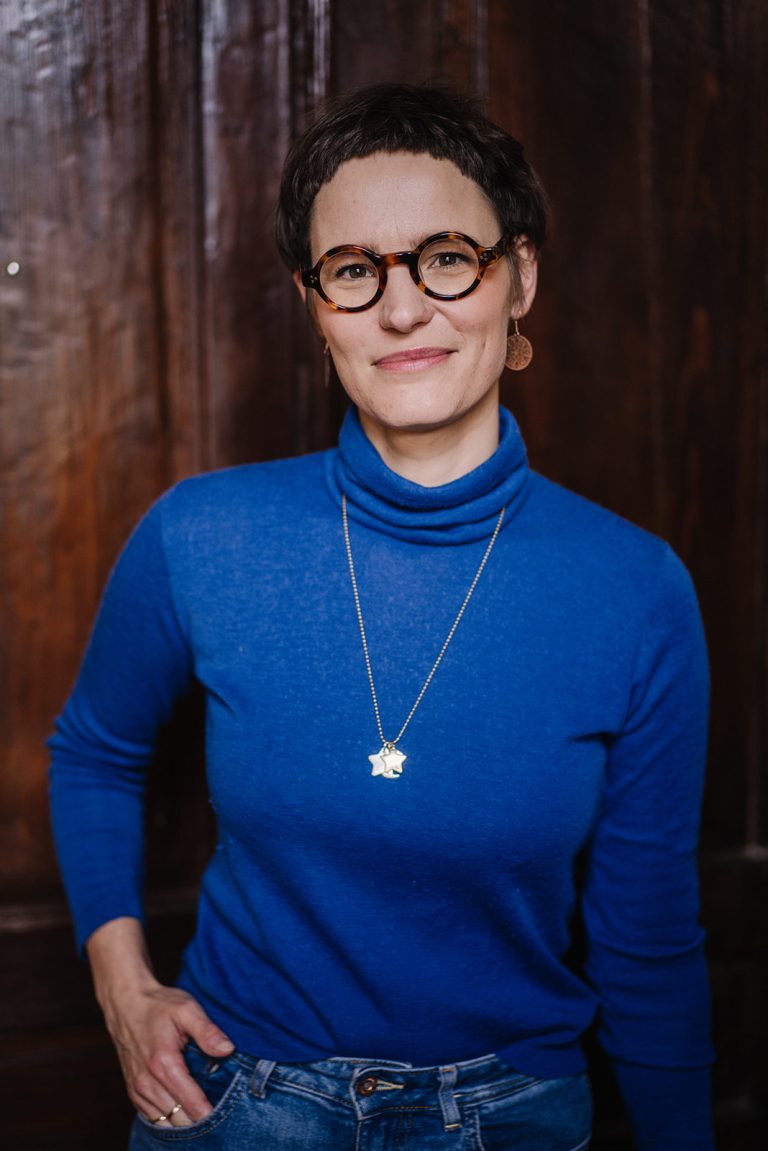
It was a unique opportunity to experience all stages of group forming, facing the discomfort of unknown, exploring each step forward and the personal restrains along the way, the awareness of making the call of speaking up or stepping back, facing our own fears, discovering strengths, and finally, experiencing how human connection is transformative on both individual and system level, and the power of vulnerability. It was fascinating to discover how organisations can be understood in the very same psychoanalytical way as individuals.
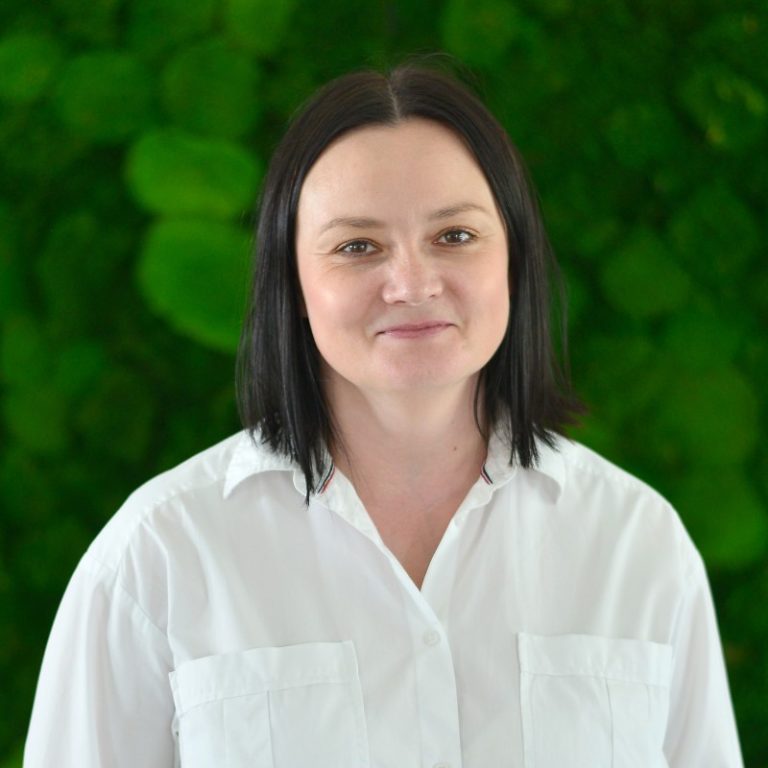
The Group Relations Conference is a mind-blowing experience which creates a unique tool to help you learn a lot about yourself, improve the way you communicate with team members and how you can approach other people in teams to build a connection. I consider myself a very empathetic person, however this experience made me become more attentive to what I say and how I pass the message to the team members, especially when the team is composed of people who might struggle with trauma.
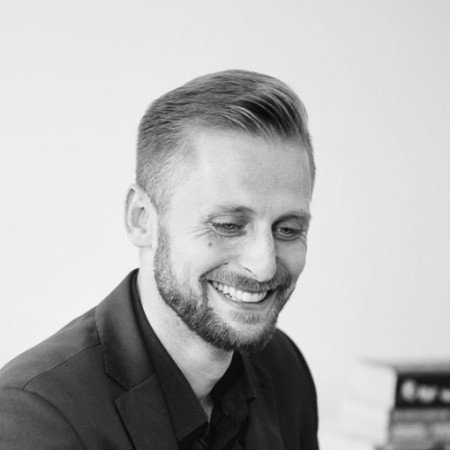
The conference has definitely changed my approach towards my work. It has given me a renewed perspective on leadership and the value of self-reflection. I believe these insights will prove invaluable in my role with Salam Lab. The highlight of the conference for me was the Review Group with Julian [Lousada, Consultant at the conference, Psychoanalyst & former Clinical Director of the Tavistock Clinic’s Adult Department]. The dynamics of this event and Julian’s expertise made it a significant experience for me. His mentorship allowed me to critically assess my leadership capabilities and to strive for improvement.
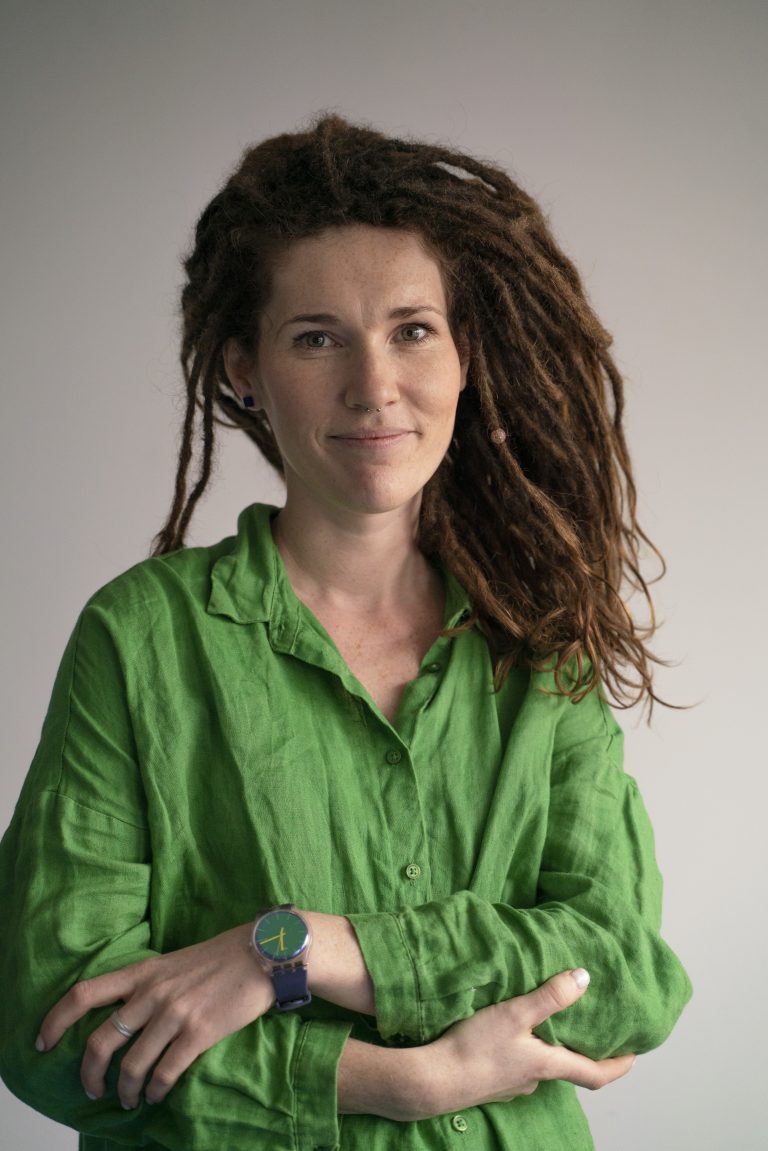
If I needed to describe this experience with one word, that would be ‘depth’. I re-approached my understanding of the leader’s role within the organisation. I think, in the modern world, it is so important to learn how to be a leader while delicately repairing not only broken ‘things’ (responding to disasters and emergencies) but also hearts. It is crucial for my work, as my organisation supports immigrant families with children with disabilities.
Several specialists from the HLA also took part in the learning conference. Even as experienced humanitarians they found the event novel, unique, and insightful.
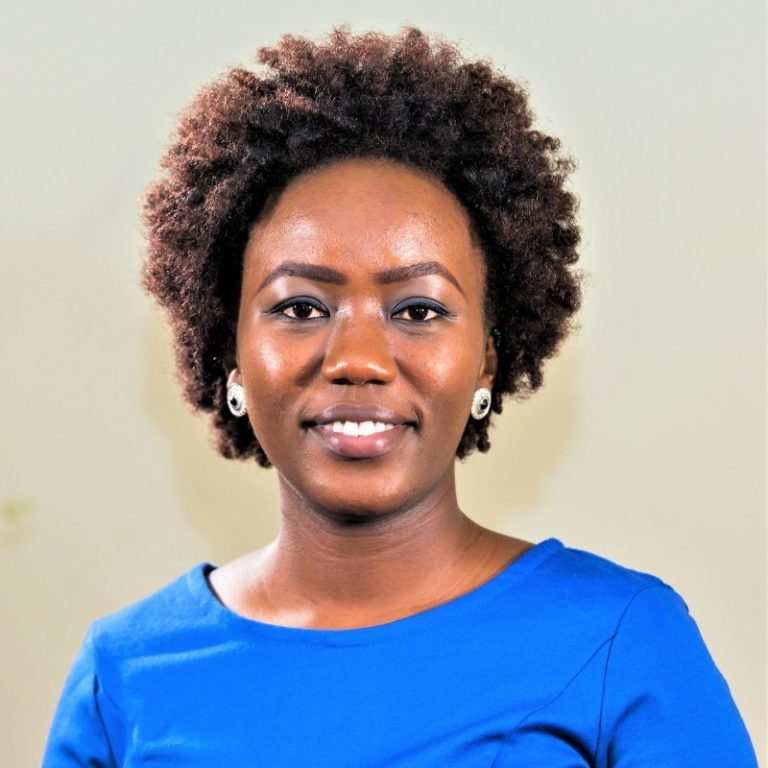
First time being in a Group Relations Conference made me appreciate organisational/ group dynamics especially since we had to create new ‘social systems’ in large group as well as small group settings. What was obvious was that differences existed among individuals, whether they were based on how we were socialized, our perspective of things or even our emotions. Yet there were inherent similarities and common themes that repeatedly sprung up. For example, a natural desire for a sense of belonging and connection; the role of leadership/ authority/ power in a group setting; or even constantly looking up to the management group (which was very silent) for guidance. As someone who facilitates group conversations during training, I appreciated the power that exists in a group to experientially find its own rhythm and a culture that works for them. As a facilitator, I learnt there is so much power in listening… and actively listening for that matter!
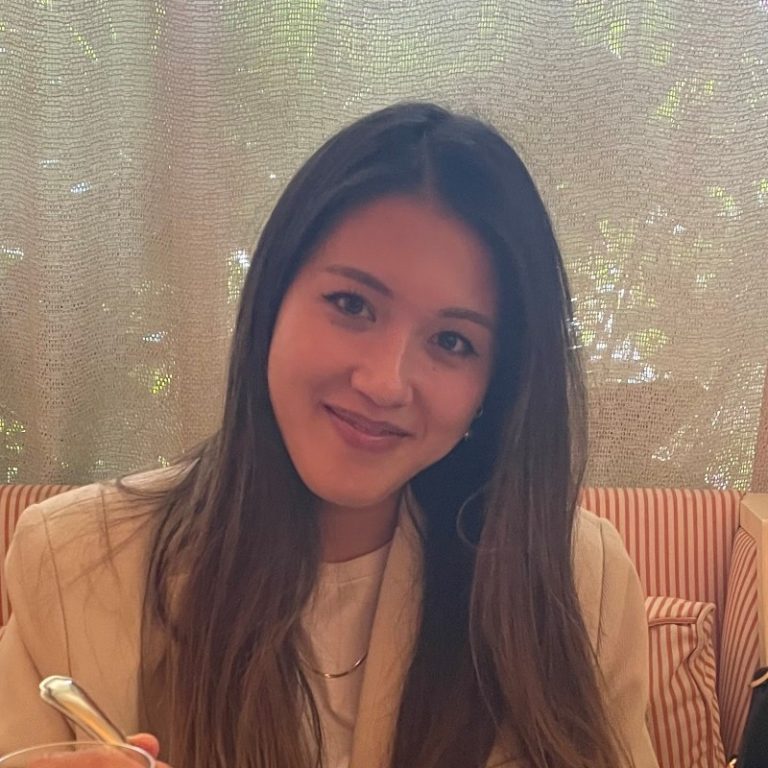
The Art of Repair Conference was my first time attending a Group Relations Conference. It was an immersive experience where I was able to analyse the interactions that happen between individuals in groups. I was challenged to look at my own personal role in a group and how that can impact the wider system. From the conference, I have gained a new understanding of group dynamics and how to apply this when thinking of the role that INGOs play in the humanitarian ecosystem. It was an intense 4 days that I will never forget, and I am confident it has shaped me to be a better humanitarian.
The special approach adopted at the learning conference helps to learn how to build better teamwork and cooperation, and as a result, a healthier and eco-mutualistic environment both for responders and people affected by conflicts or disasters.
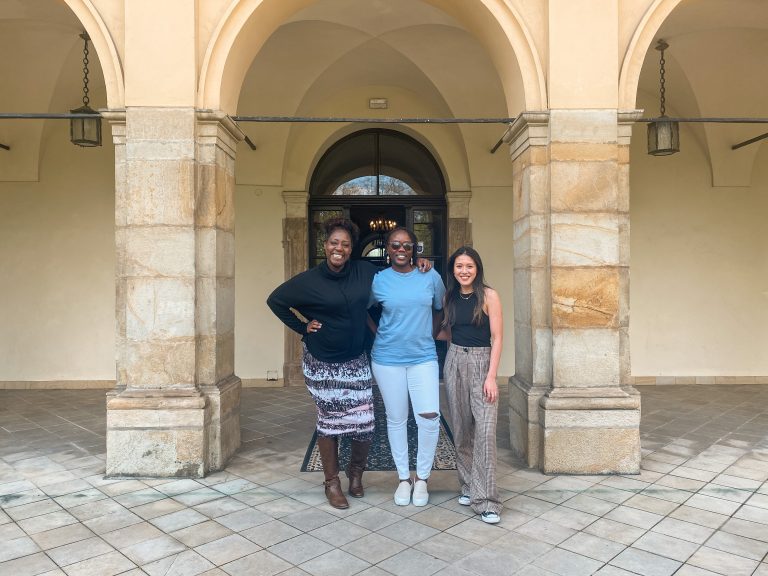
The Art of Repair Conference has shown the power of understanding systems as a tool for resilience and better collaboration between humanitarian actors. Additionally, the psychoanalytic component in a Group Relations Conference allowed the membership for a deep engagement with the notion of Repair, which is especially meaningful for humanitarian actors in this part of the world, with the ongoing armed conflict in Ukraine. Hopefully, it can have positive impact on working through societal trauma.
Related News
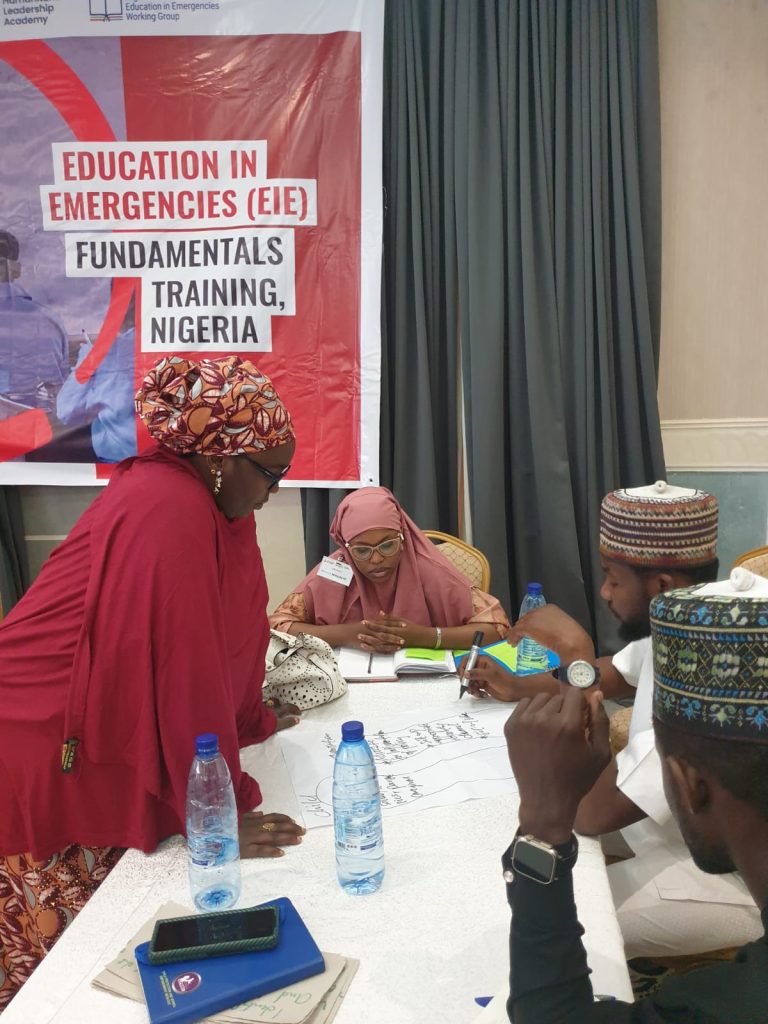
A first for the WCA team: delivering EiE Fundamentals training in Nigeria
3rd abril 2024
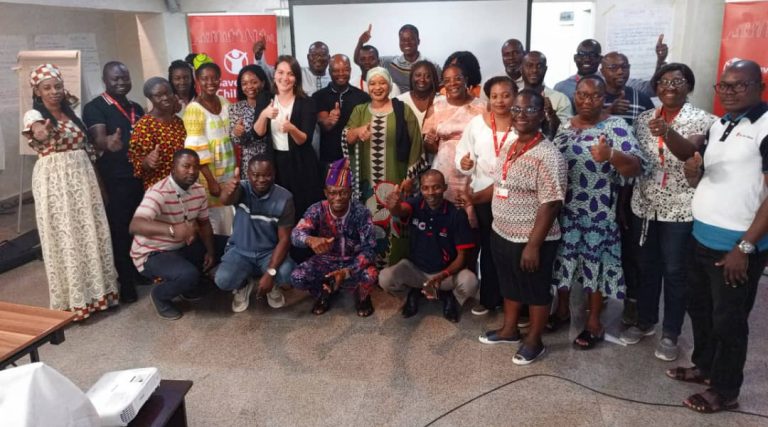
Education in emergencies & development aid: Working in partnership to deliver localised training
3rd abril 2024
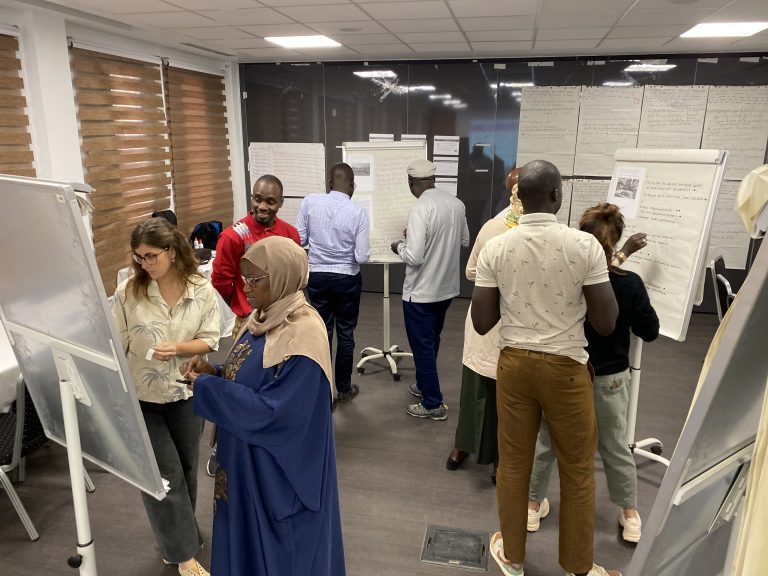
Strengthening capacity across West and Central Africa: Humanitarian Operations Programme Core in Dakar, Senegal
3rd abril 2024